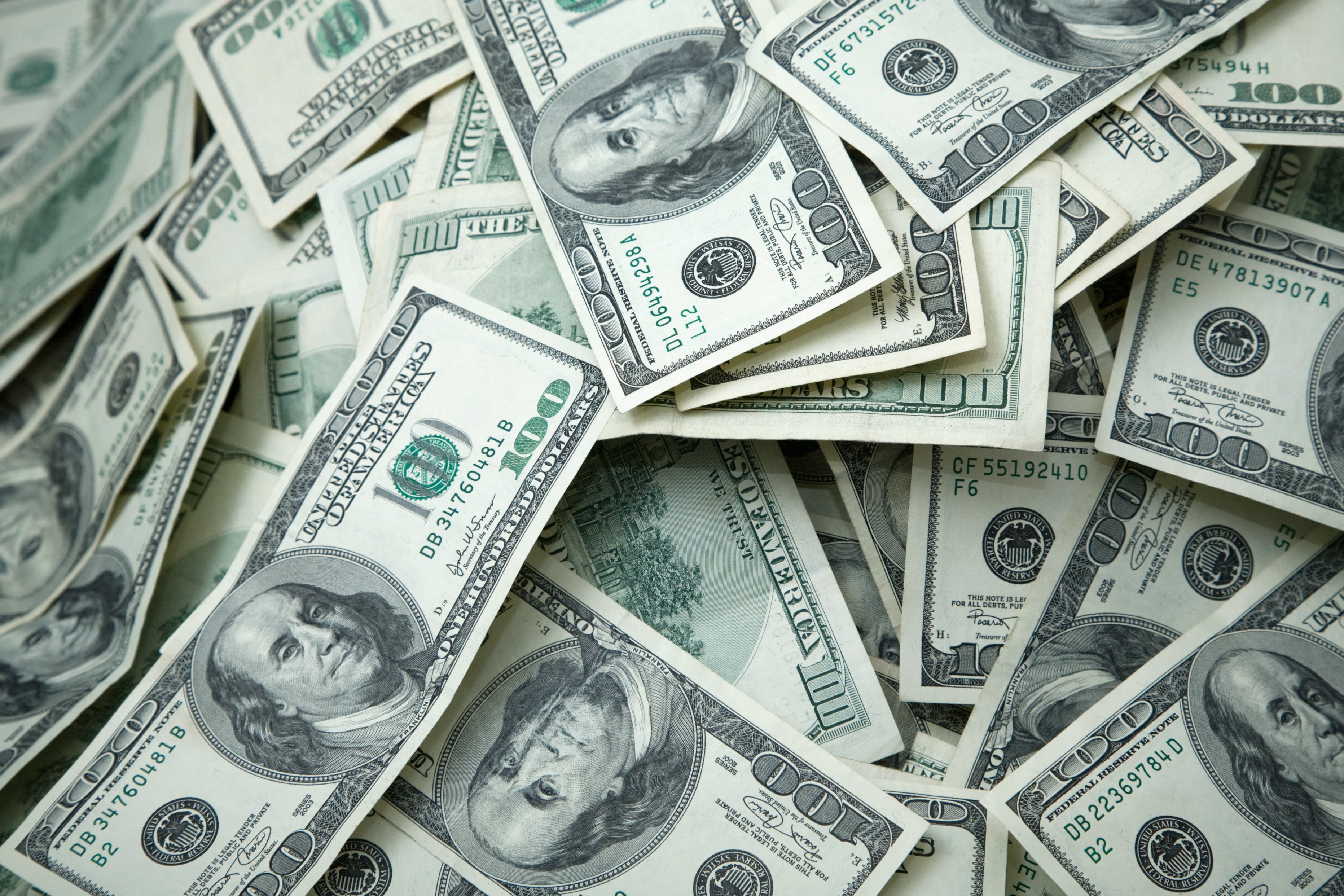Skepticism when it comes to Apple (AAPL 3.40%) is pretty trendy these days, but most downbeat analysts don't have anything on Per Lindberg.
Lindberg -- from Norway-based ABGSC Sundal Collier -- initiated coverage of the tech giant with a sell rating and a $400 price target.
Warning that consumers are starting to go through "fashion fatigue," his prognosis on how the next couple of years will play out is pretty grim. He sees a profit of just $44.90 a share this new fiscal year on $180.6 billion in revenue. In other words, Lindberg sees revenue climbing just 15% and profitability inching a mere 2% higher. Compare that to the revenue and earnings growth of 23% and 12%, respectively, Wall Street's current consensus for fiscal 2013.
It gets worse.
Lindberg sees profitability dropping to $40.17 a share come fiscal 2014 with revenue climbing by 3% to $180.6 billion. Instead of the widening margins that analysts see next fiscal year -- with growth targets of 15% on the revenue side and 18% in earnings -- Lindberg feels that margin pressure and flattish sales growth will be the new normal for Apple.
Is Apple the new Nokia?
Scandinavia has seen a hot wireless phone maker grow cold. Lindberg is likely no stranger to Finland's Nokia (NOK +2.93%). For years Nokia was the world's largest maker of handsets. It's been recently lapped by Samsung. Nokia lost its lead by not embracing smartphones -- more specifically Android smartphones -- in time.
Apple is certainly not immune to Android's success. Google's (GOOG +1.50%) open source mobile operating system has given developers a second mobile platform that they have to support.
However, Lindberg seems to also be giving a fair deal of credit to Microsoft (MSFT 2.23%) as a threat to Apple's iPhone with its recent Windows Phone 8.
Really? Android as a freely available open source platform is going to be a fierce competitor. However, if Microsoft hadn't promised Nokia billions to support Windows Phone 8, would it even be a factor right now? There also doesn't appear to be much of an appetite by developers to code apps for Windows Phone or for consumers to switch.
Mapping the problem
Lindberg also refers to the Apple Maps fiasco as a sign that consumers may be turning on Apple. Yes, that was an embarrassing episode, but is it really a " a crude reminder that all cycles of vogue eventually come to an end"?
No. Mistakes happen, even at Apple. Folks put up with a buggy antenna on the initial iPhone 4 shipments, and at least the Apple Maps fiasco is a software fix away.
Apple isn't going to get free passes forever, but even this imperfect Apple finds a way to sell more iPhones with every passing incarnation.
Apple isn't going to catch up to Android. The iPhone is too expensive, especially in the vast majority of countries where the wireless carriers don't subsidize handsets, to ever unseat Android as the smartphone for the masses.
So what? We've seen how much money Apple has been able to make while both the Internet and smartphone migration cycles are still in their infancies. Developers will continue to support iOS despite Android's global market share dominance. Of course. It's the folks that can afford an iPhone that are more likely to buy apps or virtual goodies than the Android majority.
The $400 question
Even under Lindberg's scenario, it's hard to see $400.
Yes, margins would be declining and revenue would be flattening out, but this isn't simply of arguing that Apple at $400 would be a reasonable 10 times fiscal 2014's profitability. Apple currently has a little more than $121 billion in the bank -- or roughly $128 a share -- and even Lindberg's bearish assumptions would push the company's greenery past $200 a share in two years. Is Apple really worth just five times enterprise value?
Sure, a lot of that money is marooned overseas until a repatriation tax holiday is introduced. Apple is also committed to aggressive share buybacks which will eat at the company's idle cash, yet it will also lower the number of common shares outstanding.
Is that really a likely scenario, though?
If we go by the analyst consensus instead, Apple at $400 is closer to seven times fiscal 2014's profitability and just a little more than three times earnings on an enterprise value basis. That's just not going to happen.
Investors need to decide if Apple is peaking -- as Lindberg suggests -- or if the iPhone and the entire iOS ecosystem has legs. Growth will decelerate at Apple in the coming years. Margins may be tested. However, there doesn't seem to be a legitimate reason to bump Apple off its northerly trajectory.
There are too many people who feel that way to ever let Apple get as cheap as Lindberg suggests.
Apple's next act
There's no doubt that Apple is at the center of technology's largest revolution ever. However, there is a debate raging as to whether Apple remains a buy. The Motley Fool's senior technology analyst and managing bureau chief, Eric Bleeker, is prepared to fill you in on both reasons to buy and reasons to sell Apple, and what opportunities are left for the company (and your portfolio) going forward. To get instant access to his latest thinking on Apple, simply click here now.





